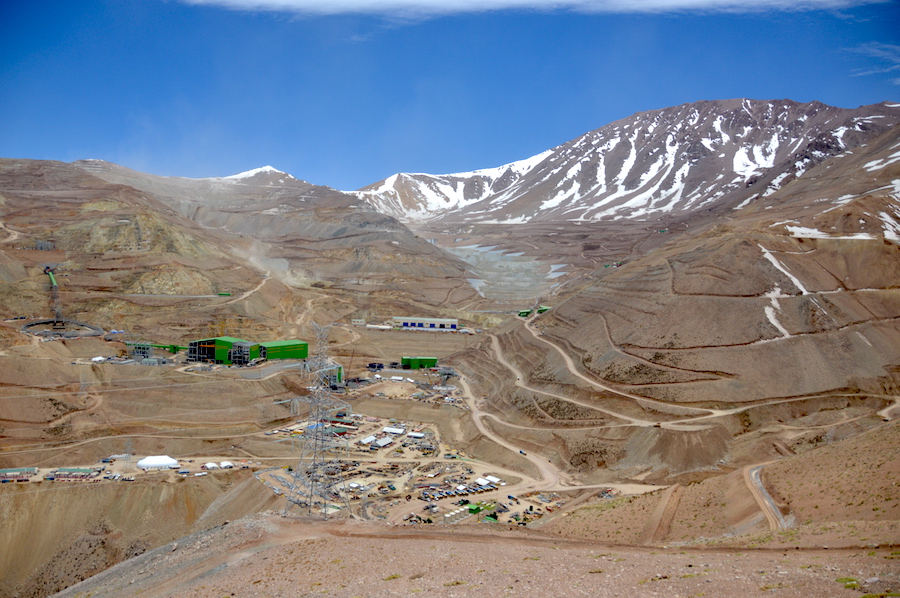Japanese miners see Chile’s tax hikes deterring new investment

Japan’s miners see higher taxes in Chile potentially discouraging them from investing in new mines in the world’s top copper producer but would not lead them to quit existing projects, the head of an industry body said on Monday.
Growing nationalism in resource-rich countries is challenging miners as they hunt for minerals needed for the energy transition, even as they face rising costs, tougher environmental rules and pressure from investors to decarbonise.
Lawmakers in Chile gave final approval in May for a long-awaited mining tax reform, hiking taxes and royalties that large copper and lithium producers must pay the government.
“Higher tax won’t lead to withdrawal from existing mines, but it may have an impact on new development projects,” Akira Nozaki, the chairman of the Japan Mining Industry Association told Reuters in an interview.
“Obviously, profitability will decline due to higher tax, making new mining development increasingly difficult,” he said.
Two major Japanese miners decided to reduce exposure to their key copper projects in Chile in recent years, with JX Nippon Mining & Metals planning to sell a majority stake in Caserones mine and Sumitomo Metal Mining 5713.T divesting its stake in the Sierra Gorda mine last year.
Still, Nozaki, who is also the president of Sumitomo Metal, said Japanese miners could make major new investments in copper projects, drawing on their experience from past projects.
In April, the Group of Seven (G7) countries pledged $13 billion in fiscal support to strengthen supply chains of critical minerals. Japan has already secured a supplementary budget of more than 200 billion yen ($1.4 billion) for key minerals.
“We welcome their agreement and the Japanese government’s recent adoption of various measures to reinforce supply chains of critical minerals that are essential for realising a green society,” Nozaki said.
“We’ll use the funds to move toward carbon neutrality and secure a stable resource supply,” he said.
The industry also has high hopes for the state-backed Japan Organization for Metals and Energy Security’s (JOGMEC) latest action and an acceleration of Japanese government’s resource diplomacy, Nozaki said.
JOGMEC said last month it has selected 24 countries based on the supply potential of resources and fuels to Japan, and will analyse the characteristics and circumstances of each resource-rich country and work on diplomatic approaches.
For minerals, the analysis will focus on copper, lithium, nickel, cobalt, and rare earths that are essential for decarbonization, it added.
($1 = 140.1300 yen)
(By Yuka Obayashi; Editing by Sonali Paul)
{{ commodity.name }}
{{ post.title }}
{{ post.date }}




Comments